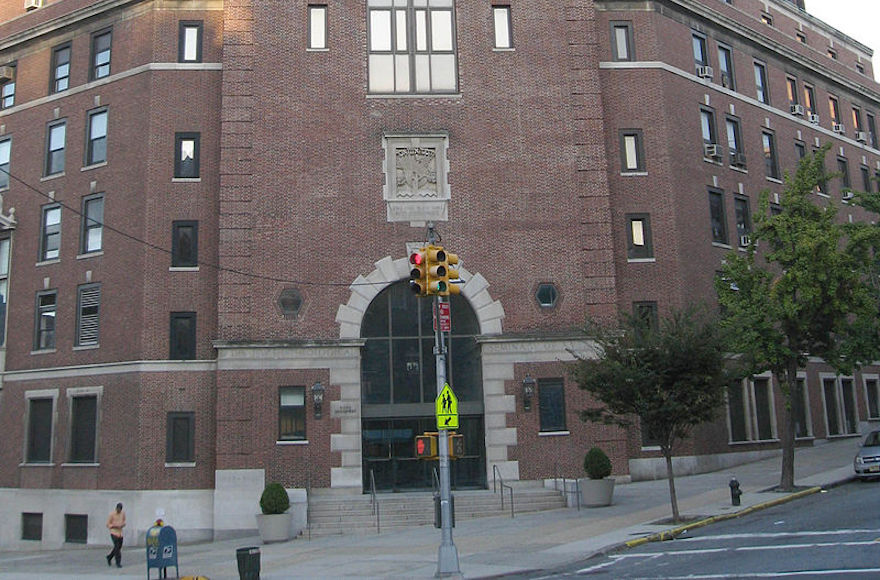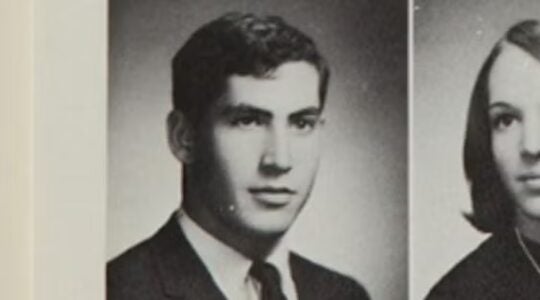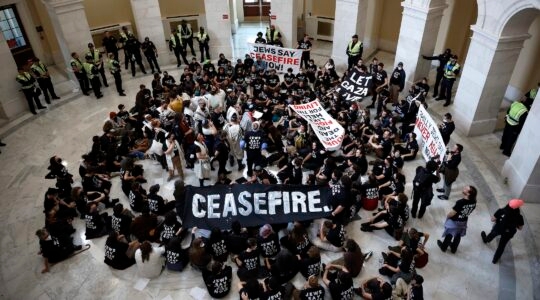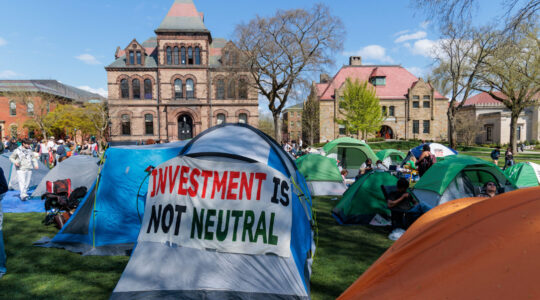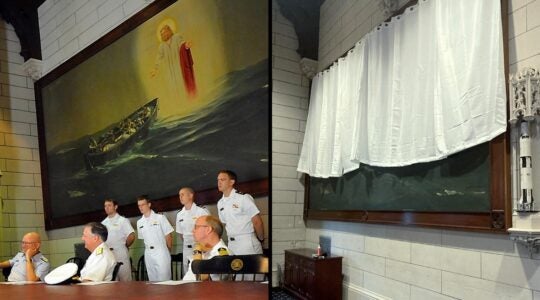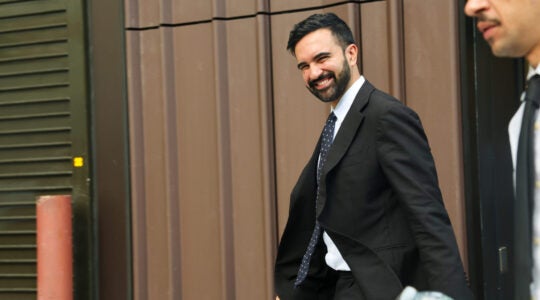(JTA) — The Jewish Theological Seminary, which trains rabbis for the Conservative movement, said it is committed to keeping its ban on clergy from performing interfaith wedding ceremonies.
A statement issued Wednesday comes in response to the announcement last week by two rabbis who belong to the Rabbinical Assembly, the international association of Conservative rabbis, that they would begin officiating at such ceremonies.
“We understand the arguments made for our clergy to officiate at interfaith weddings, knowing that they come from a place of genuine concern for bringing near individuals and families who are or might be estranged from the community and tradition we love,” the statement, published on its web site and first published in the Forward. “However, we believe — and the data confirm — that by far the most effective path toward building a Jewish future is to strengthen Jewish identity, beginning with the Jewish family.”
Last week, Rabbi J. Rolando Matalon of the popular nondenominational synagogue B’nai Jeshurun in New York City announced he and colleagues at the synagogue would officiate at the weddings of interfaith couples who commit to creating Jewish homes and raising Jewish children..
Rabbi Amichai Lau-Lavie of the influential New York congregation Lab/Shul also said this month that he expects to resign from the Rabbinical Assembly after he announced he would continue to officiate at weddings between Jews and partners of other faiths.
The JTS statement said that for the seminary and its partners in the Conservative movement, “the wedding ceremony is not only a celebration of a couple, but a commitment to the Jewish covenant. Its opening blessing thanks God for infusing our lives with holiness through the mitzvot, and its closing lines connect this marriage to the rebirth of the Jewish people in Jerusalem. Such statements can be said truly only if both partners identify as Jews.
“For those who are or wish to be members of our communities and of our families, the door is open to study and commit to join our ancient faith. We respect the choice of those who prefer not to become Jewish, understanding that their religious identity is no less significant than is our own.”
JTA has documented Jewish history in real-time for over a century. Keep our journalism strong by joining us in supporting independent, award-winning reporting.
